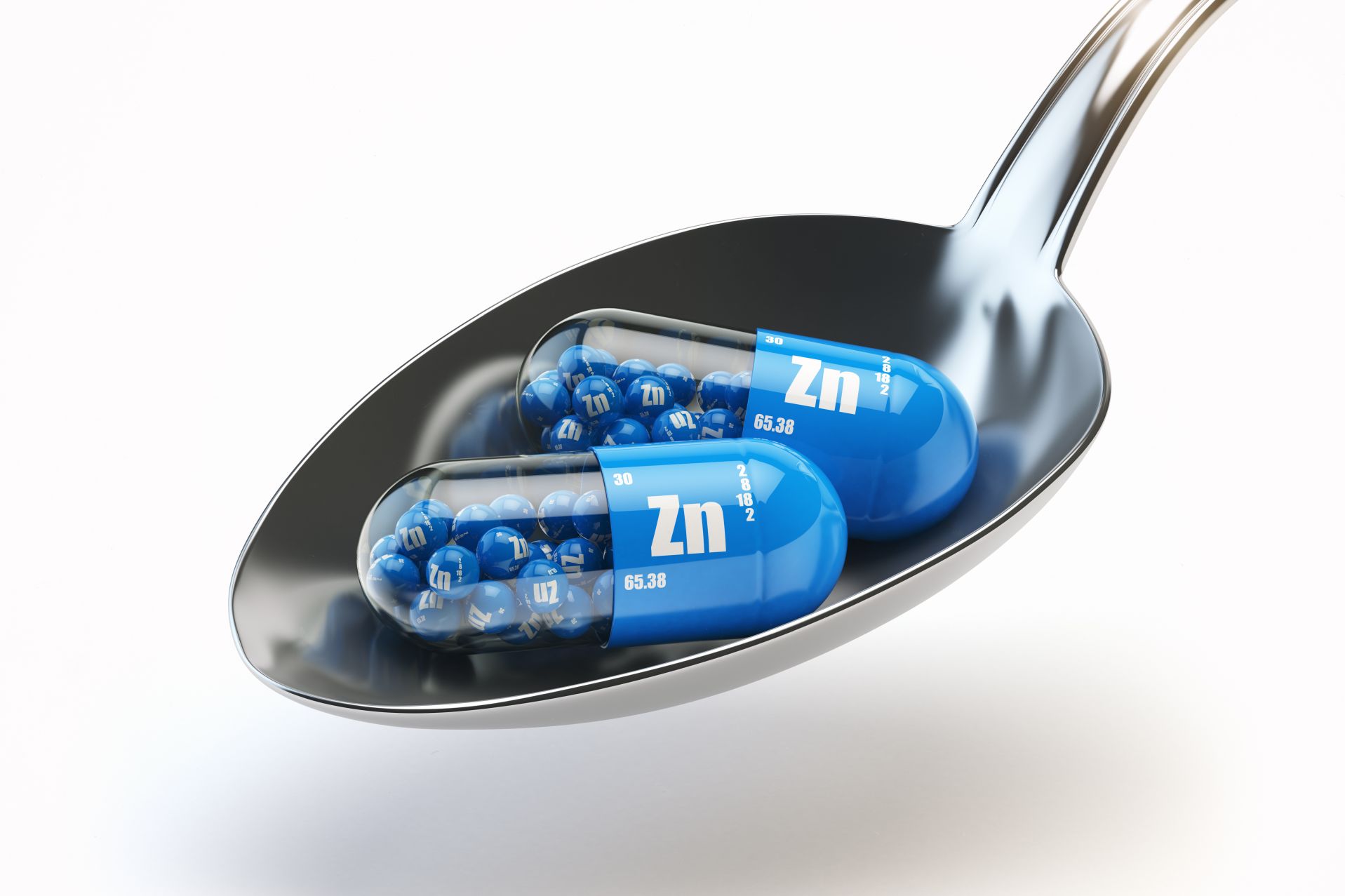Benefits of using PQQ - what are the effects?

PQQ supplementation has benefits especially in aspects of health that depend on mitochondrial efficiency. Since mitochondria power all the cells in our body with energy, it is easy to deduce that the benefits of supporting them are extensive as well. But what benefits of PQQ have been documented in practice? These include improved sleep quality, better quality of life, increased vigor, protection of the brain from degeneration, and support for metabolism and inhibition of fat deposition. This is a very universal package of benefits that should serve a significant portion of the population.
In this article, we'll take a look at the effects of PQQ on specific areas of health to pinpoint the precise benefits of regular supplementation with this antioxidant.
- Benefits of PQQ use
- Effects of PQQ on energy metabolism and metabolism
- Effect of PQQ on quality of life
- Effect of PQQ on sleep quality
- PQQ's effects on the brain
- Effects of PQQ on aging
- Safe and effective doses of PQQ*.
- Summary
Benefits of PQQ use
The mechanisms of action of PQQ (pyrroloquinolinequinone) mainly involve interactions with cell signaling pathways and mitochondrial function. The action of this substance is very similar to that of vitamins, but it does not meet all the criteria to be formally considered a vitamin. The presence of PQQ in the diet has numerous benefits, while a diet deficient in this ingredient, on the contrary, can result in undesirable effects, quite like a vitamin deficiency. The antioxidant and anti-inflammatory properties of PQQ are responsible for its many benefits in practice.
Effects of PQQ on energy metabolism and metabolism
By stimulating the PGC-1α protein, PQQ enhances mitochondrial biogenesis. This means that we gain a higher density of mitochondria in cells. More mitochondria, means more capacity for energy production. Thanks to its powerful antioxidant effect (it acts 7.4x stronger than vitamin C), mitochondria are also protected from damage.
Scientists have noticed anti-obesity potential in PQQ. And from the study, it actually emerged that PQQ can favorably affect insulin sensitivity and prevent lipogenesis, thereby inhibiting visceral and liver fat deposition.
Effect of PQQ on quality of life
Parameters to assess quality of life were examined in one clinical trial that lasted 8 weeks and included 17 participants. The study included daily intake of 20 mg of the disodium salt PQQ. The effectiveness of supplementation was assessed using the POMS-S(Profile of Mood States-Short Form) and Nagata's QOL questionnaires.
The basic form of the Japanese POMS questionnaire consists of 65 questions on six items:
- tension/anxiety,
- depression,
- anger/hostility,
- vigor,
- fatigue,
- confusion.
This study used a shortened variant, which was narrowed down to 30 questions. The shorter variant is easier for participants, and still reliable, and gives similar efficacy to the basic variant. The POMS-S questionnaire results in this study showed improvement in all parameters except vigor after 4 weeks of using the PQQ. Vigor also improved after 8 weeks.
The second tool, Nagata's QOL questionnaire, measures quality of life by assessing parameters related to appetite, sleep, excretion, urination, exercise, level of obsession, pain, quality of sexual life, social life, happiness, family life, and fullness and satisfaction with daily life. In this questionnaire, 4 parameters improved significantly (appetite, sleep, obsession and pain), and another 3 showed a trend toward improvement (fullness in social life, happiness and fullness in family life, and fullness and satisfaction in general daily life).
Thus, we see that two independent questionnaires showed attractive effects relative to daily well-being and life satisfaction.
Effect of PQQ on sleep quality
This effect was noted in the same study we cited in the previous paragraph. It is possible that the two effects are related. The effect of improved quality of life may be partly due to improved sleep quality, among other things.
After 8 weeks of supplementation with 20 mg of PQQ, the results of the Oguri-Shirakawa-Azumi Sleep Inventory questionnaire (a version for middle-aged and elderly people) showed significant improvements in several sleep-related parameters: level of sleepiness upon awakening, time taken to fall asleep, and total sleep duration. The Japanese version of the PSQI(Pittsburgh Sleep Quality Index) also showed significant improvements in sleep-related behavior. What's more, changes in these parameters correlated with changes in the cortisol response to awakening, so the effectiveness was confirmed not only by subjective assessment, but also by a biochemical marker.
In the PSQI, the total score improved over the course of the study - after 8 weeks the score was better than after 4. This suggests that the full effects for improving sleep quality require patience.

PQQ's effects on the brain
A major advantage of PQQ is its neuroprotective potential. This has been noted in models of various neurodegenerative diseases, such as Parkinson's disease, stroke and traumatic brain injury. A large part of this property is due to its antioxidant and anti-inflammatory effects.
Moreover, PQQ's ability to protect against neurodegeneration may extend beyond mitochondriogenesis, given that PQQ can reduce α-synuclein filament formation. Effects on increasing the expression of NGF, or neuronal growth factor, have also been documented.
In both rodent experiments and human clinical trials, benefits to cognitive abilities, including memory enhancement, have been noted. In humans, the effects are best seen in cases of old age or baseline cognitive impairment.
Effects of PQQ on aging
We know from studies that the effects of PQQ exposure, both in vivo and in vitro, mimic the effects of cellular enhancement of NAD+. NAD+, in turn, is one of the factors most strongly linked to the rate of aging - the lower the activity of PQQ, the faster the body ages.
From studies on animal models, which are standardly used when studying the effects of various substances and treatments on longevity, it has been noted that exposure to PQQ increases longevity, improves the immune response to cytokines, and acts as a potent promoter of defense against ROS.
Safe and effective doses of PQQ*.
The standard dose of PQQ is 20 mg per day. In studies, 8 or 12 weeks of supplementation was most often practiced.
The above supplementation protocol is very safe and keeps a great distance from potentially toxic doses. PQQ has no specific side effects, no genotoxicity, and the vast majority is excreted within 24 hours, so there is no accumulation effect in tissues.
Summary
PQQ has very attractive health benefits that will be useful especially for those with busy lifestyles. The effects, however, are not immediate, and some of them have to wait up to 8 weeks. Among the practical benefits of PQQ supplementation are improved quality of life, sleep-related parameters, improvements in several metabolic parameters, the possibility of slowing down aging and maintaining optimal cognitive abilities.
Sources:
 ⮜ Previous article
⮜ Previous article
Magnesium and the cardiovascular system - what are the relationships?
 Next article ⮞
Next article ⮞